Full Psychiatric Program
From Struggle to Stability
Addiction can leave individuals and families struggling with overwhelming emotional and mental challenges. At House of Grace in Huntington, WV, our addiction recovery services focuses on restoring emotional and psychological balance, providing you with the support and resources to manage both addiction and mental health issues. By tackling both these areas together, we help individuals move from struggle to stability, empowering them to live healthier, more fulfilling lives.

Addiction and mental health are inextricably connected. Substance use often exacerbates existing mental health conditions such as anxiety, depression, and trauma, or even triggers new psychological challenges. On the other hand, untreated mental health issues can fuel substance abuse, creating a destructive cycle that makes it difficult for individuals to break free. At House of Grace, our rehabilitation services focus on treating both sides of this equation.

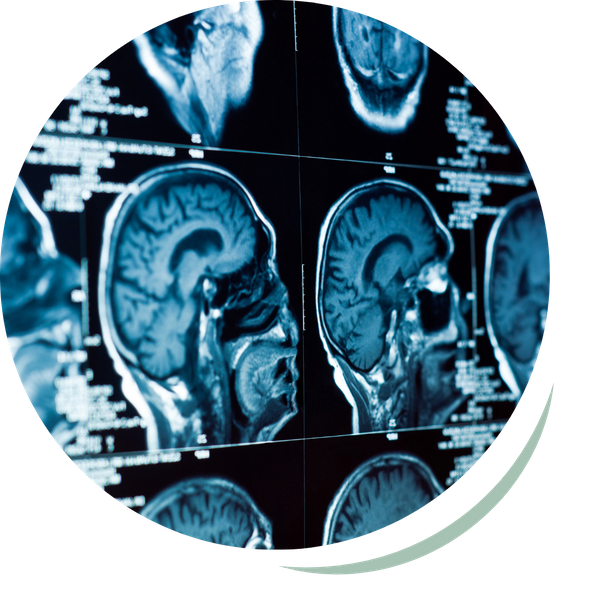
Mental Health Assessments
Gain clarity on your mental health through a detailed evaluation process. We don’t rely solely on medication to solve your issues; instead, we look at all the factors contributing to your well-being. This may include therapy, lifestyle changes, and other personalized strategies. Our assessments allow us to work with you on creating an individualized path toward healing and stability, whether through counseling, medication, or practical lifestyle adjustments.

Reliable Medication Support
Stay on top of your mental health with professional medication management. From monitoring symptoms to adjusting prescriptions and providing refills, we’re here for you. Our on-call nurse practitioner is available for urgent assistance when time is of the essence.

Healing Through Psychotherapy
Psychotherapy provides the tools you need to explore and manage your emotions in a secure, supportive setting. With customized therapy plans and expert guidance, our therapists support you through individual or group sessions.

A Clearer Mind with CBT
Through Cognitive Behavioral Therapy (CBT), you can replace negative thought cycles with constructive behaviors. This therapy highlights the connection between emotions and actions, providing tools to manage depression, anxiety, and more. Join our 8-session CBT course to reclaim control over your mental health.
Addressing Psychiatric Challenges in Recovery
The connection between addiction and mental health means psychiatric conditions often develop or worsen. Our program focuses on treating issues like:

Anxiety
Generalized Anxiety Disorder (GAD), social anxiety, and panic disorders often result in excessive fear and worry.
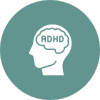
Childhood Disorders
ADHD and ODD have a significant impact on both behavior and emotional development in children.

Mood Disorders
Depression, bipolar disorder, and dysthymia can make it difficult to regulate emotions and mood.

Obsessive-Compulsive
OCD and hoarding disorder lead to compulsive behaviors driven by obsessive thoughts.

Personality Disorders
Borderline and narcissistic personality disorders affect how people relate to others and manage their emotions.

Schizophrenia
Psychotic conditions, like delusional disorder, interfere with normal thought processes, perceptions, and behaviors.
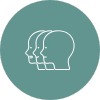
Dissociative Disorders
Dissociative Identity Disorder and depersonalization disorders cause splits in memory, identity, and perception.
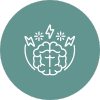
Neurocognitive Disorders
Dementia and similar conditions compromise memory, thought processes, and behavior, often affecting daily life.
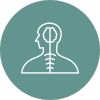
Somatic Symptoms
Somatic symptom disorders involve real physical issues, which are influenced by underlying psychological or emotional factors.

Substance Use Disorder
The brain’s ability to control substance use is compromised in this disorder, leading to destructive patterns with alcohol, drugs, or medications.
Get the Help You Deserve
Our caring team is ready to help with addiction recovery, substance abuse treatment, and mental health care. Schedule your psychiatric evaluation today or drop by our Huntington office during walk-in hours, Monday through Friday. Together, we’ll chart your course to recovery.
